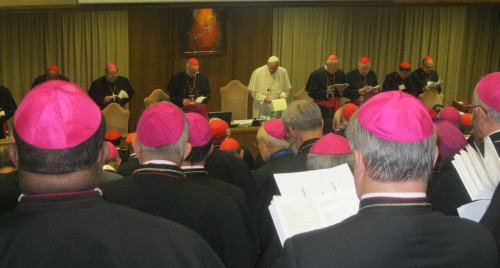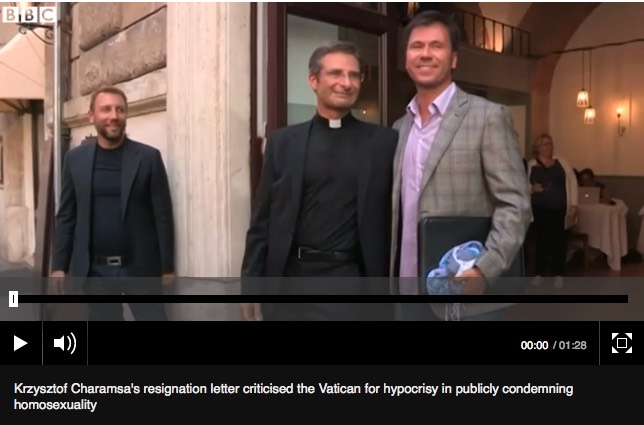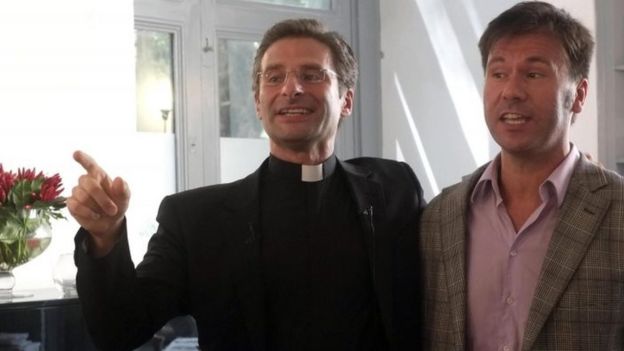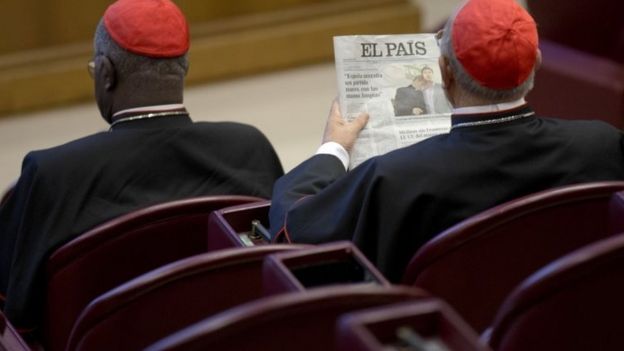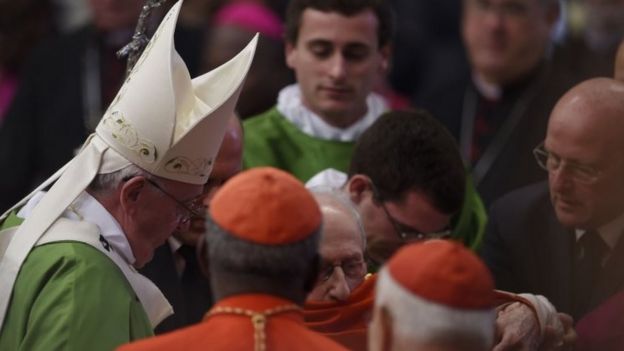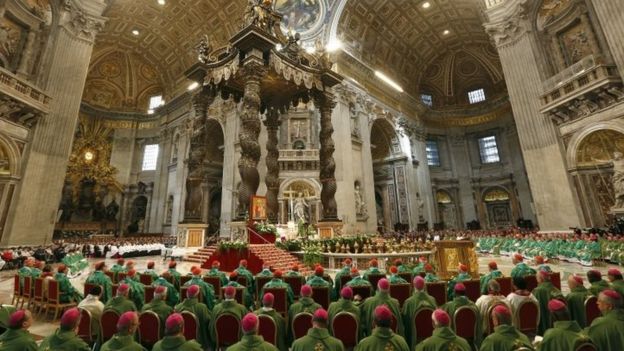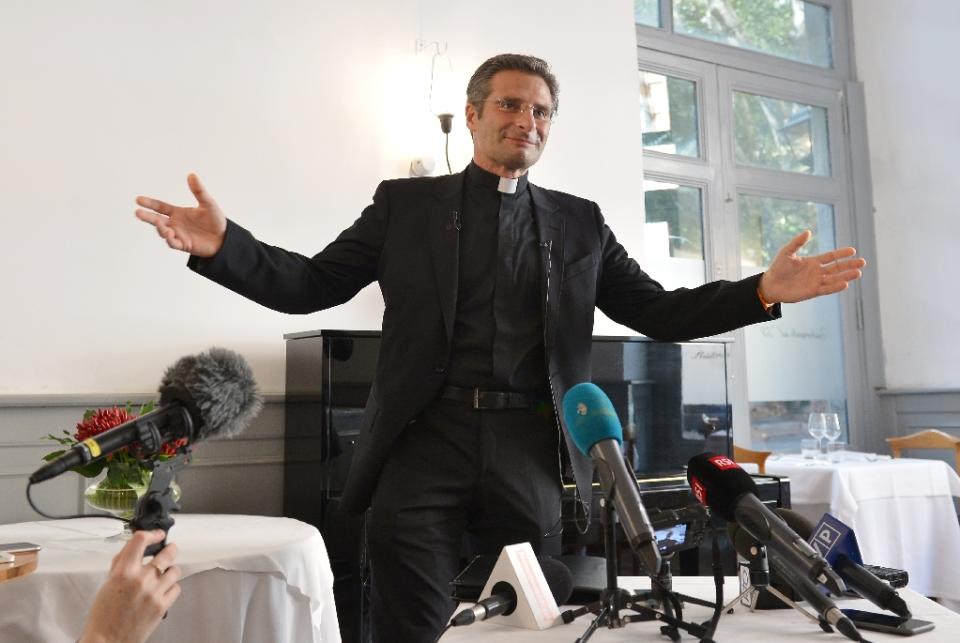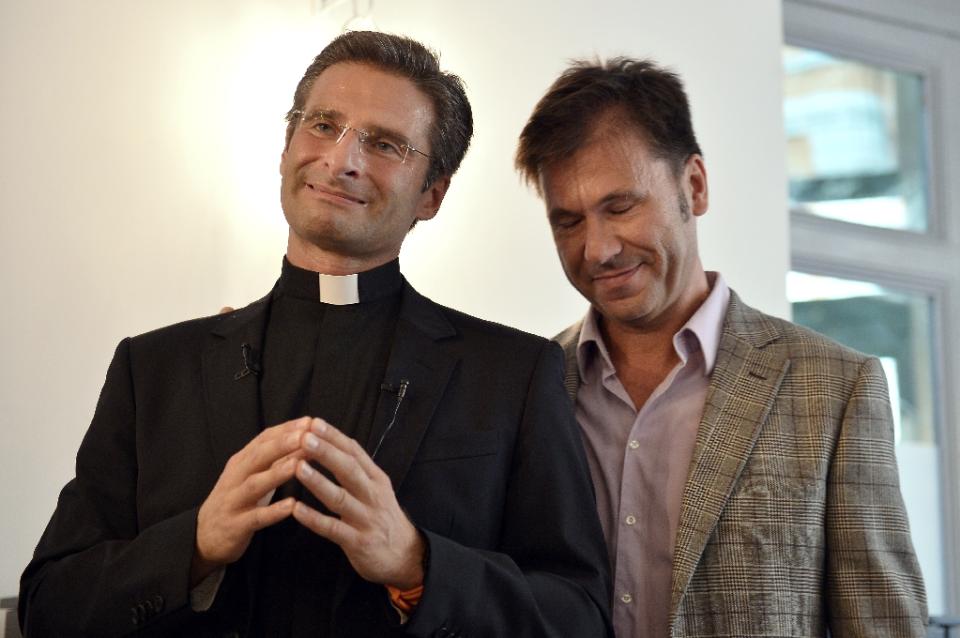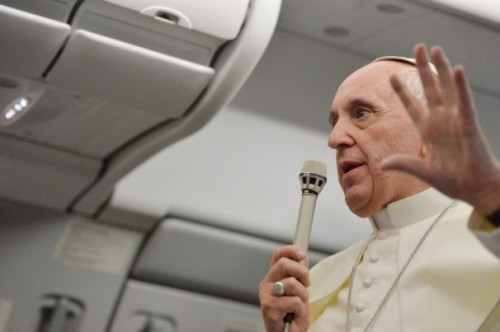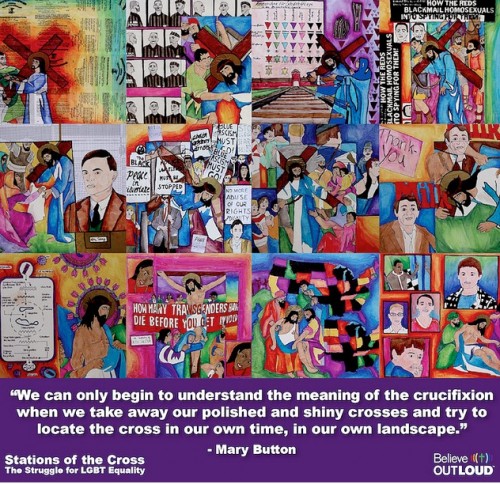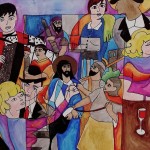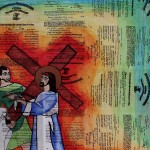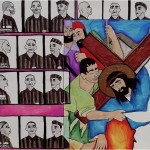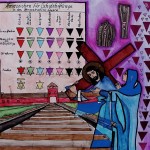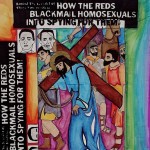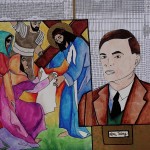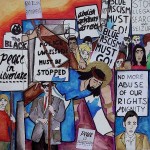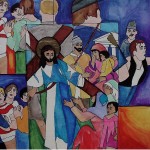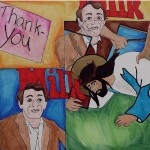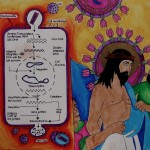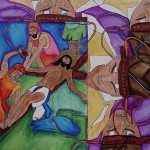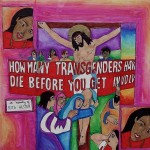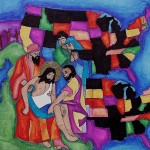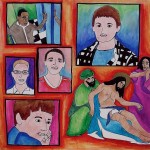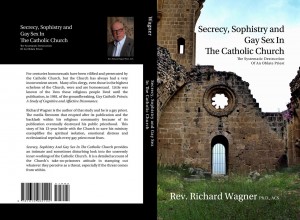After the synod’s slightly reformist report, LGBT Catholics reflect on their religion and sexuality
Before the 14th Ordinary General Assembly of the Synod of Bishops even began, it was obvious it would be no friendly gathering of the Catholic Church’s leaders and laity when it came to gay rights and other social issues.
While Pope Francis’ message of greater inclusion often played well with the press and a significant fraction of the faithful, some conservative cardinals, archbishops and bishops responded with negativity, anger and outright derision.
Cardinal Raymond Burke said that the pope “cannot change church doctrine.” A controversial letter signed by 13 of the most conservative cardinals and archbishops, including New York’s Cardinal Timothy Dolan, and delivered as the synod was about to begin, criticized the process, saying it was “designed to facilitate predetermined results.”
The pontiff called the synod to discuss “the vocation and mission of the family in the church and in the contemporary world.” And outside the Vatican walls, the very definition of family in the contemporary world has changed. Catholics get divorced and remarried. Catholic congregants and even priests are now openly gay.
But as the world’s Catholics read the bishops’ official account of the synod, gay Catholics were bound to be disappointed. While the document said they should be “treated with respect” and should not fall victim to “unjust discrimination,” it effectively shut the door on same-sex marriage.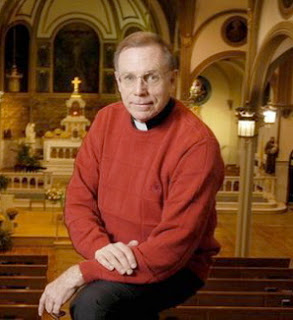
In America many gay Catholics, gay priests and their supporters in the church are still hewing to Francis’ message of more tolerance and openness. They believe that the debate over the church’s attitude toward LGBT issues has only just begun and that the results of the synod are not going to derail it. Their lives and experiences reveal that in America there is a thriving culture of gay Catholics who openly embrace both their faith and their sexuality.
A 2004 report by the John Jay College of Criminal Justice in New York put the number of gay priests and seminarians at anywhere from 15 to 58 percent. One of those priests is the Rev. Fred Daley, now the pastor at All Saints Parish in Syracuse, New York. Spurred by what he called the “scapegoating” of gay priests during the church’s sex abuse scandal, Daley came out in 2004. He had been a priest for 30 years.
His story shows the anguish that many gay priests often feel. When he first thought about becoming a priest, he says, his sexuality wasn’t an issue. “To be honest,” he says, “growing up as a kid in high school, I had no inkling of being gay.” He was three or four years into his priesthood, he says, when reality struck. “I became in touch with a sort of ache within me that was really my sexuality sort of bubbling forth, and I began to be in touch with sexual attractions, and I was horrified. I thought this was terrible and I’m going to go to hell.”
He worked with a Jesuit spiritual adviser who, he says, “put me on a journey of recognizing my orientation, accepting it and ultimately rejoicing in who God created me to be.” It was a process that took nearly 10 years, and at the end of it, he says, “I was freely able to choose celibacy, because I really continued to feel the strong call to ordained ministry. But I discovered that I had the capacity for intimacy.”
Celibacy is one of the the things that define the Roman Catholic priesthood. Priests may be gay or straight, as long as they’re celibate. When asked about gay priests, Francis famously said, “If someone is gay and he searches for the Lord and has goodwill, who am I to judge?” That’s miles from his predecessor Benedict XVI, who in 2005 signed a document that said men with “strong gay tendencies” should not be priests and, as Cardinal Joseph Ratzinger in 1986, authored a letter, approved by Pope John Paul II, calling homosexuality “intrinsically disordered.”
That change in attitude has been embraced by gay Catholics, who have struggled to keep faith with a church that, at the top, has refused to recognize or respect the movement for LGBT rights.
There is no mention of homosexuality in the church’s canon law. Even sodomy laws, she says, refer to “two heterosexual men having sex in order to honor a false god in a ritual.” She believes the conservative opposition to gays in the church comes largely from outdated rules.
Daley agrees. “I would say a considerable number of the clergy have not updated themselves on what is the contemporary understanding of what is sexual orientation,” he says. “They’re mouthing what they learned 30 or 40 years ago, which is a real problem.”
But that is an opinion from an American priest. One thing that is increasingly defining Catholicism’s future tackling of LGBT rights is the church’s changing demographics.
Because while Catholicism struggles to hold on to the faithful in its traditional strongholds like Europe, the U.S. and Latin America, the numbers are growing at a rapid pace in one part of the world known for its cultural hostility to gay rights: sub-Saharan Africa.
Since 1980, the number of Catholics in Africa has grown by 238 percent. Perhaps more important, 70 percent of them attend Sunday Mass regularly, compared with just 29 percent in the Americas. Some countries with the fastest growth — Uganda, Nigeria and Kenya — have or are considering laws that make homosexual acts punishable by long prison terms or, in some cases, execution.
But the numbers can’t be ignored, and African bishops are leading the charge against the progressives and reportedly to a bigger role in the synod. Longtime Vatican observer John Allen, who covered the synod for Crux, writes that progressives “met stiff resistance from several African bishops who no longer consider themselves junior partners in Catholicism Inc. This time, they’re ready for the boardroom.”
The synod ended on Oct. 25, and the bishops’ report was released almost immediately. While the language was open to interpretation, two things were clear: Little is likely to change, and a full third of the bishops dissented from the pope’s positions. But Francis can accept the document, ignore it or make any changes he wants to it. His is the final word, and it’s his emphasis on mercy that gives gay Catholics what Olivares calls “little flickers of hope.”
“I tell my friends, ‘Look, we’ve been knocking this whole time on the door asking the church to let us in. Are we going to leave before they even answer the door?’” he says.
Lewis Speakes-Tanner, the president of Dignity USA, says he has seen small changes, small victories for LGBT Catholics. “There are a lot of good priests and good bishops who are willing to help and to do things behind the scenes,” he says. “Unfortunately, under the years of Pope John Paul II and Benedict, they weren’t allowed really to have a voice because if they spoke up, they were quickly silenced by the bishops. Under Francis, more people are able actually to speak.”
For Daley, the Francis effect has already begun. “What Francis has done, which I think has affected gay people as well as everyone else, is he has a different sense of priorities. Doctrine is important, but it’s not No. 1. Mercy, compassion, understanding come before doctrine. And he also makes it clear that, ultimately, we have to follow our consciences.”
Complete Article HERE!

